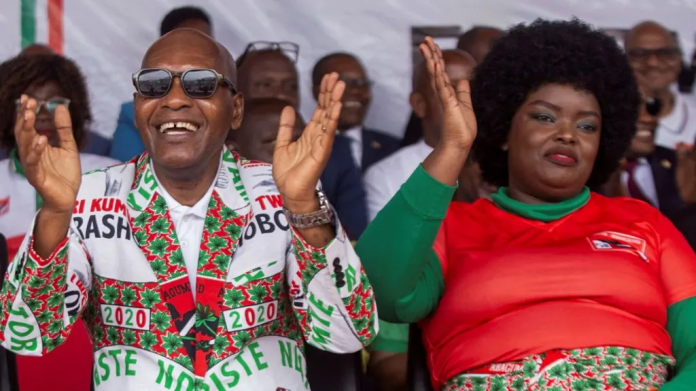Burundians await results from Thursday’s parliamentary and local elections, with provisional figures expected between 10-11 June and final confirmation on 20 June, according to Africanews.
The polls, contested by over six million voters, occurred under conditions heavily favouring President Évariste Ndayishimiye’s CNDD-FDD party, which has governed since 2005. The main opposition National Freedom Council (CNL) was barred from participation on technical grounds, following the government’s suspension of the party in 2023 and subsequent exclusion of its leader Agathon Rwasa from standing as an independent.
Long queues formed at polling stations nationwide, though analysts describe the outcome as predetermined. Patrick Nkurunziza of the Burundi for All coalition reported “threats, harassment and sometimes even attacks” from the CNDD-FDD’s youth wing Imbonerakure against opposition supporters.
The voting occurred against a backdrop of severe economic deterioration, with inflation exceeding 40%, chronic fuel shortages causing week-long queues at stations, and critical shortages of sugar and foreign currency. Burundi’s foreign reserves cover less than one month of imports—far below the regional four-month standard—while average annual incomes stand at $193, the lowest in East Africa.
President Ndayishimiye framed high turnout as evidence of “patriotic spirit,” claiming democracy was “rooted in Burundi.”
The electoral process coincided with the United States imposing stricter travel restrictions on Burundian nationals on election day, reflecting growing international concern over human rights and political freedoms. The UN Human Rights Council recently renewed its special rapporteur on Burundi, citing persistent abuses including enforced disappearances and arbitrary arrests targeting government critics.
The new 103-seat National Assembly maintains a 60-40 ethnic seat allocation between Hutus and Tutsis under the 2000 peace agreement. With the CNL eliminated and remaining opposition fragmented, the CNDD-FDD appears set to consolidate its two-decade dominance.
